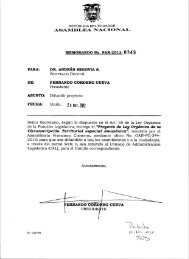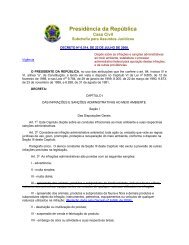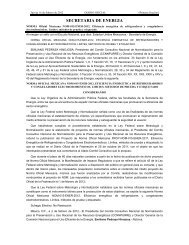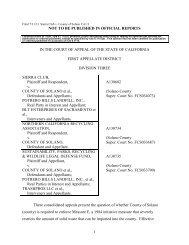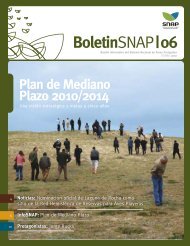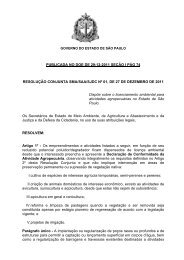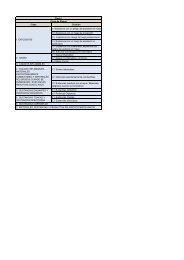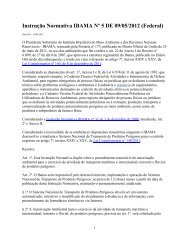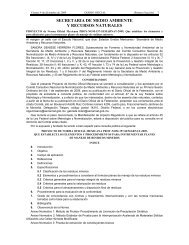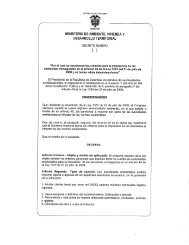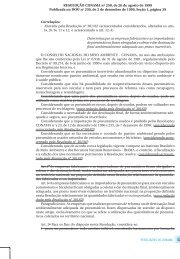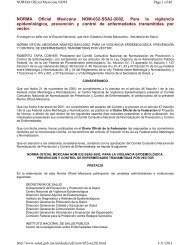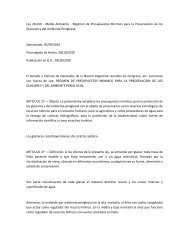OceAn science OceAn science OceAn science
OceAn science OceAn science OceAn science
OceAn science OceAn science OceAn science
Create successful ePaper yourself
Turn your PDF publications into a flip-book with our unique Google optimized e-Paper software.
Foster mechanisms to transition developing technologies into<br />
operational capabilities.<br />
Many of the research priorities outlined in this document require new sensors, platforms,<br />
data-management technologies, and models. However, there is often a gap between the<br />
development of these capabilities and their use as robust components of integrated systems.<br />
Fostering communication among agencies, researchers, engineers, and end users will<br />
support efforts to overcome technical barriers and promote effective development, implementation,<br />
and use of these technologies.<br />
Establishing An Ocean-Literate Nation<br />
The goal of ocean education is a nation whose citizens are good stewards of the ocean<br />
and who possess the knowledge to make informed decisions about their interactions<br />
with it. This goal can only be attained through improved education efforts for the entire<br />
spectrum of ages (“K–gray”) through formal and informal education—to ensure<br />
ocean literacy for the general public, development of a well-trained workforce, and more<br />
effective communication.<br />
Ocean research provides the information needed to develop education, communication,<br />
and management materials that are based on sound <strong>science</strong>. Ocean-research activities<br />
also provide a training ground for a range of ocean professionals, an aspect of the research<br />
enterprise that is particularly important as ocean <strong>science</strong> incorporates other fields, such as<br />
medicine and social <strong>science</strong>s. Efforts to enhance ocean literacy will support and, in turn,<br />
be supported by efforts to promote fundamental math and <strong>science</strong> skills. Coordinated and<br />
sustained education and training efforts for diverse groups, from government agencies and<br />
the academic community, to school systems and scientific societies, will promote a knowledgeable,<br />
ocean-literate public and a larger and well-prepared workforce. These efforts will<br />
help retain U.S leadership in <strong>science</strong> and technology.<br />
Expand and sustain formal and informal education efforts<br />
Currently, ocean <strong>science</strong> is rarely included in formal education settings. Assessing current<br />
ocean-based curricula and then developing well-focused, ocean-related materials will<br />
help incorporate ocean <strong>science</strong> into K–12 curricula, in coordination with ongoing national<br />
<strong>science</strong> education efforts. Ocean <strong>science</strong> is an ideal mechanism to convey fundamental<br />
scientific concepts and mathematical skills. Providing professional-development opportunities<br />
for teachers (“educating the educators”) and expanding and acknowledging the role<br />
of scientists, managers, and policy-makers in education and outreach efforts are additional<br />
key steps in expanding ocean <strong>science</strong> in formal education settings.<br />
49



